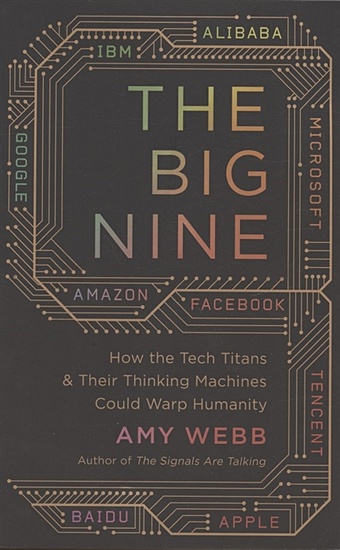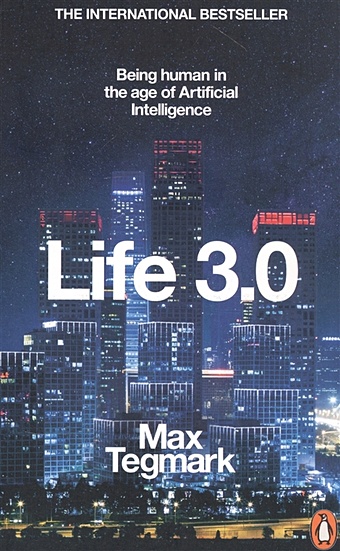ChatGPT: The AI That’s Set to Revolutionize the Chatbot Industry
[ad_1]
Overview
The world has witnessed a great technological shift in the past decade, and one area that has been immensely impacted is the communication industry. With the introduction of chatbots, communication has been made easier, more accessible, and cost-effective. Chatbots have been revolutionary in customer-service, automating mundane and repetitive tasks, and creating a more engaging user experience. However, one limitation to the chatbot industry has been the inability of a chatbot to understand and communicate in natural language. This is where ChatGPT comes in. ChatGPT, the AI-powered chatbot, is set to revolutionize the chatbot industry by enabling human-like conversations, giving chatbots the ability to understand context, and providing customers with personalized support. In this article, we explore ChatGPT and its potential impact on the chatbot industry.
Introduction to ChatGPT
ChatGPT stands for Chatting with Generative Pre-training Transformer, and is an AI-based chatbot developed by OpenAI, one of the leading AI research labs in the world. The chatbot is based on the popular language model GPT-3, which was developed by OpenAI to understand and generate human-like language. GPT-3 is one of the most advanced language models, with the ability to generate a range of text, from simple sentences to complex paragraphs, and even entire articles. ChatGPT uses GPT-3 to generate natural language responses to customer queries, making it a powerful tool in the customer service industry.
How ChatGPT Works
ChatGPT works by utilizing the deep learning model GPT-3 to understand and generate natural language. GPT-3 is a transformer-based model, which means it is capable of understanding the context of a given text and generating appropriate responses. The model was trained on a vast corpus of text, including books, articles, and web pages, making it capable of generating text that is both grammatically correct and semantically relevant.
The ChatGPT system is a chatbot that interacts with customers via text-based chat. When a customer types a query in natural language, the chatbot analyzes the text and generates an appropriate response using GPT-3. The response is then displayed to the customer, who can then respond with further queries. The chatbot can handle multiple customers at the same time, making it a powerful tool for customer support teams.
Advantages of ChatGPT
ChatGPT has multiple advantages over traditional chatbots. Some of these advantages are:
1. Natural language processing: ChatGPT is capable of understanding and generating natural language, making it easier for customers to communicate with the chatbot. This makes the chatbot more user-friendly and reduces the frustration of customers having to adjust their language to communicate with a chatbot.
2. Personalization: ChatGPT is capable of recognizing the context of a customer’s query and generating an appropriate response. This makes the chatbot more personalized and engaging, leading to a better customer experience.
3. Scalability: ChatGPT can handle multiple customers simultaneously, making it a powerful tool for customer support teams. This reduces the response time and improves the overall efficiency of the customer support process.
4. Automation: ChatGPT can automate the handling of simple and repetitive customer queries, reducing the workload of customer support teams. This frees up customer support teams to focus on more complex and high-priority tasks.
Applications of ChatGPT
ChatGPT has a range of applications across industries. Some of these applications are:
1. Customer support: ChatGPT can be used by companies to automate their customer support process. The chatbot can handle simple and repetitive customer queries, leaving the customer support team to focus on more complex issues.
2. E-commerce: ChatGPT can be integrated into e-commerce websites to provide customers with personalized shopping assistance. The chatbot can help customers find products based on their preferences, provide recommendations, and answer product-related queries.
3. Healthcare: ChatGPT can be used in the healthcare industry to provide patients with personalized medical assistance. The chatbot can provide patients with information on symptoms, medication, and treatment options.
4. Education: ChatGPT can be used in the education industry to provide students with personalized learning assistance. The chatbot can answer student queries, provide learning resources, and help students with their homework.
5. Finance: ChatGPT can be used in the finance industry to provide customers with personalized financial assistance. The chatbot can help customers with their banking transactions, answer queries about financial products, and provide investment advice.
FAQs
Q1. What is ChatGPT?
A1. ChatGPT is an AI-powered chatbot developed by OpenAI that is capable of understanding and generating natural language responses.
Q2. How does ChatGPT work?
A2. ChatGPT uses the deep learning model GPT-3 to generate natural language responses to customer queries. The chatbot analyzes the customer’s text and generates an appropriate response using GPT-3.
Q3. What are the advantages of ChatGPT?
A3. ChatGPT is user-friendly, more personalized, scalable, and capable of automating simple and repetitive tasks.
Q4. What are the applications of ChatGPT?
A4. ChatGPT can be used in industries such as customer support, e-commerce, healthcare, education, and finance to provide personalized assistance.
Q5. How does ChatGPT compare to traditional chatbots?
A5. ChatGPT is more user-friendly, personalized, and efficient than traditional chatbots, making it a superior tool in the chatbot industry.
Conclusion
ChatGPT is set to revolutionize the chatbot industry by providing customers with a more engaging, personalized, and user-friendly experience. The chatbot’s ability to understand and generate natural language, combined with its scalability and automation capabilities, makes it a powerful tool in industries such as customer support, e-commerce, healthcare, education, and finance. With ChatGPT, the limitations of traditional chatbots are overcome, and customers can enjoy a more human-like interaction with chatbots. It is clear that ChatGPT’s introduction will impact the chatbot industry positively, and we can expect to see more innovative chatbots in the future that will continue to enhance our communication experience.
[ad_2]





